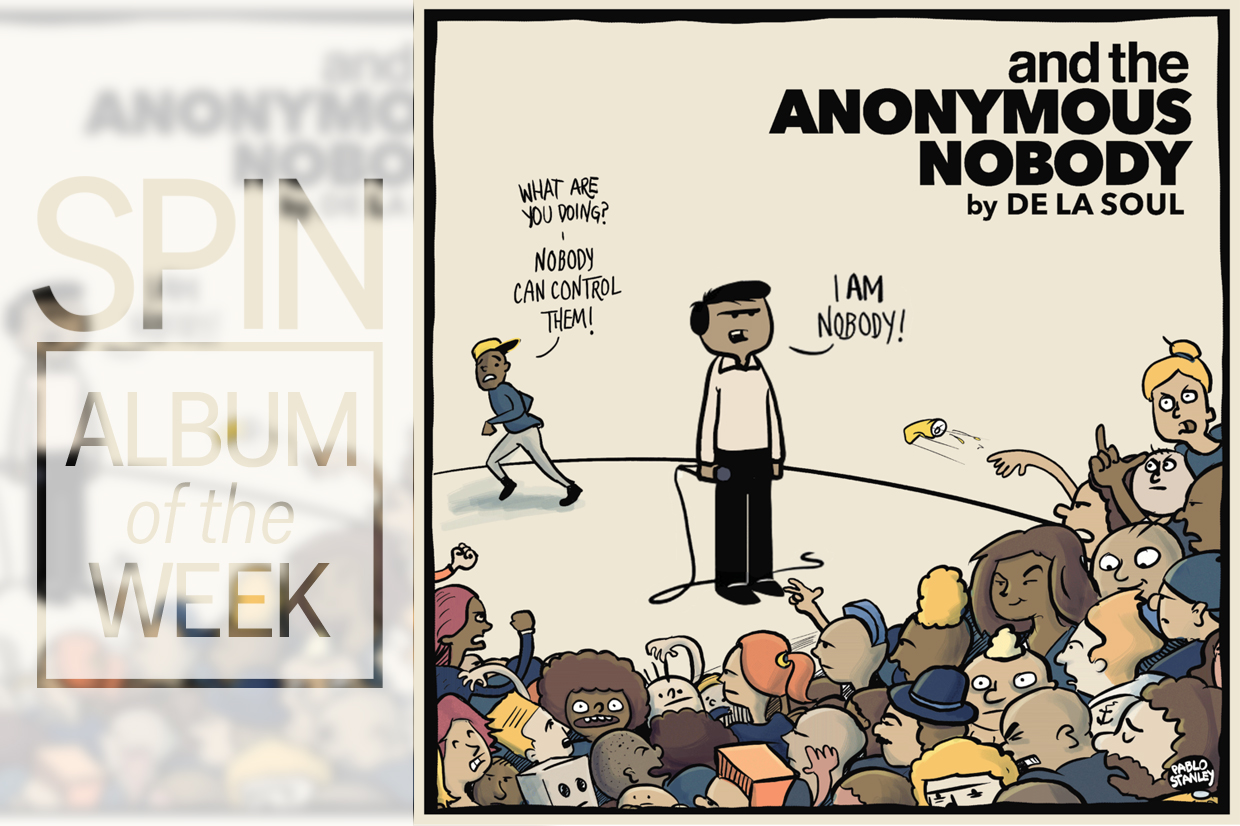Release Date: April 22, 2016
Label: Modern Love
Andy Stott has always been mercurial, shuffling between slivered breakbeats, decaying dubstep, and a no-man’s-subterranean-tunnel in between, where the only living thing was the electricity still crackling through his durable monitors. Starting with 2012’s exemplary Luxury Problems, the Mancunian producer populated what was once a post-apocalyptic space with as much humanity as his crushing bass variations would allow.
Operatic vocalist Alison Skidmore has appeared on record in spectral fits and starts (mere echoes of a warm body he once had in his surprisingly well-lit studio), her dulcet exhalations shading both that full-length and its follow-up, 2014’s debilitating Faith in Strangers, with welcome emotional depth. In these recent years Stott has undergone a similar transformation to South London demigod Burial, with whom he’s often compared: At a certain point, William Bevan learned how to elevate his splintered depth charges. Like his peers and predecessors, he utilized vocals to elevate his shuddering half-time low-end above mere physical and intellectual impact — and into the listener’s emotional realm.
One listen into Stott’s roomy fourth LP, Too Many Voices, and it’s clear that’s exactly what he’s going for. The former auto-body repairman isn’t one to mince words — his go-to utterance when he knows he’s working on a proper banger is “f**kin’ hell!” Tracks ID’d as “New Romantic” and “First Night” give you an idea that Voices is meant to hit just above your solar plexus rather than below. “Butterflies” oozes with pitch-bent keys, the effects of laying a lint-covered needle on the grooves of a vinyl record that’s starting to lose its shape. Skidmore appears again here, her hollowed-outmelting around the edges until the only parts of words left are the sibilants.
Much of Voices also sounds like it’s slowly decomposing, even as it’s more spacious and aerated than Stott’s previous releases — filled with air the way a corpse bloats, perhaps. “Over” hisses with escaping gas as pixelated notes tumble down the scales in the background, a flick of a thump keeping ponderous time throughout. Likewise, the kick on “New Romantic” scrapes and rattles as if pushing its way out of a phlegmy throat. The album closer and title track, though, is more alive than anything Stott’s ever done: In a manner reminiscent of the work of Radiohead’s “Idioteque” sample source, Paul Lansky, or Swedish sound collagist Peder Mannenfelt‘s algorithm-processed vocals, he re-creates David Sylvain and Ryuichi Sakamoto’s stutter-stop synth odyssey “Bamboo Houses,” but with — as you might expect — humans. And with such an unexpected flip of the switch (or rather, twiddle of the knob), Stott has given new life to the ghost in his machines.





